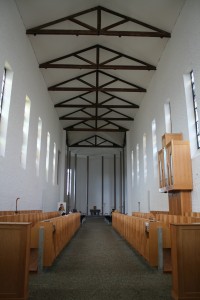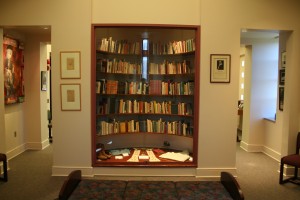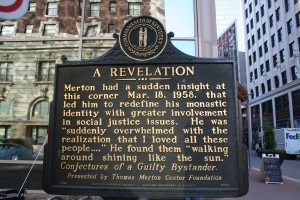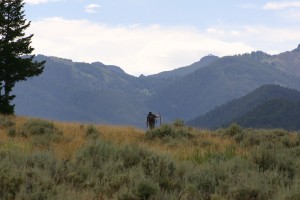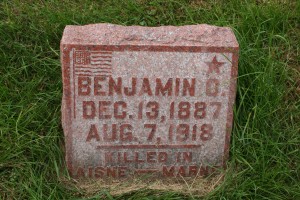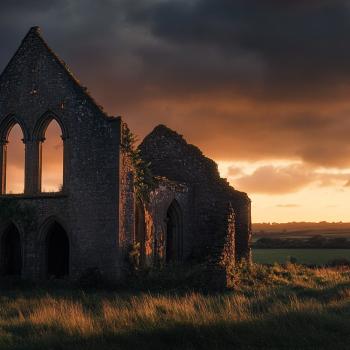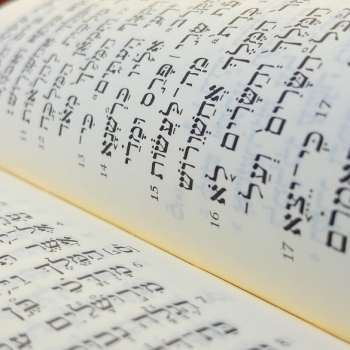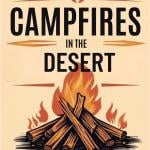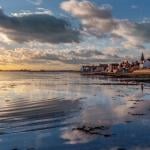“Cistercian architecture explains many things about our rule and our life. A church [in this tradition] is born of prayer and is a prayer. Its simplicity and its energy tell us what our prayer should be. It simply says what Saint Benedict already told us: that we must pray to God ‘with all humility and purity of devotion…not in many words but in purity of heart and in the compunction of tears.’ The churches of our Fathers express their humility... Read more

